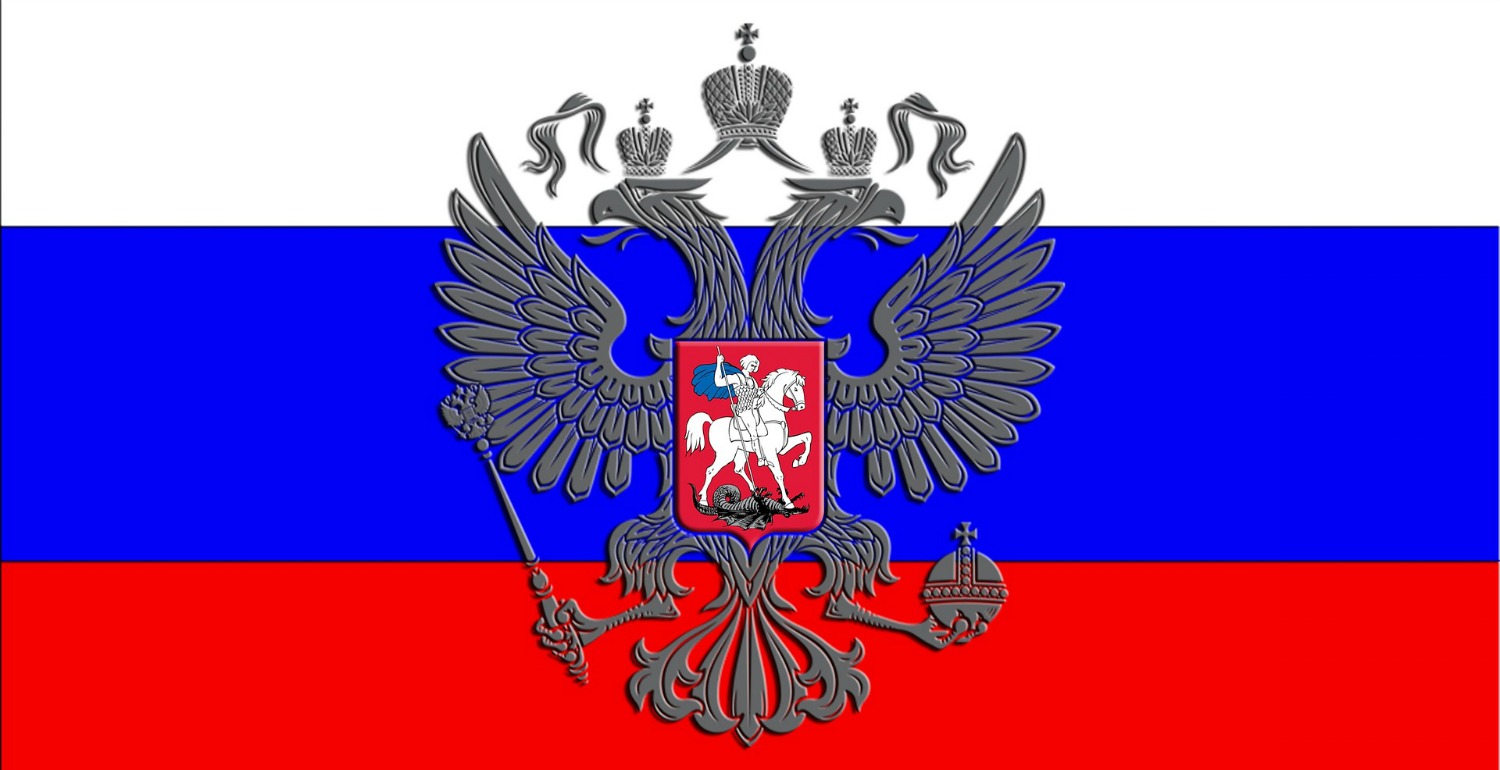This briefing focused on the December 2nd parliamentary elections, which saw President Vladimir Putin’s United Russia Party win an absolute majority of votes. The lead up to the elections were fraught with many problems that led to significantly less election monitors, as well as authorities intimidating the opposition, and pressuring voters to support the de facto ruling party – United Russia. The range of so-called administrative resources—intimidation, confiscation of campaign literature and, at times, even physical abuse—to overwhelm the already weak and divided opposition was evaluated.
Witnesses testifying at the briefing – including Sarah Mendelson, Director of the Human Rights and Security Initiative at the Center for Strategic and International Studies; Nikolas K. Gvosdev, Editor of the National Interest and a Senior Fellow of Strategic Studies at the Nixon Center; and Paul Goble, Longtime Specialist on the Former Soviet Union and Post-Soviet States for Various Government Agencies – addressed the political status of Russia, Putin’s ideological platform, and the policy dilemmas faced by the U.S. and European policymakers in light of this platform.





